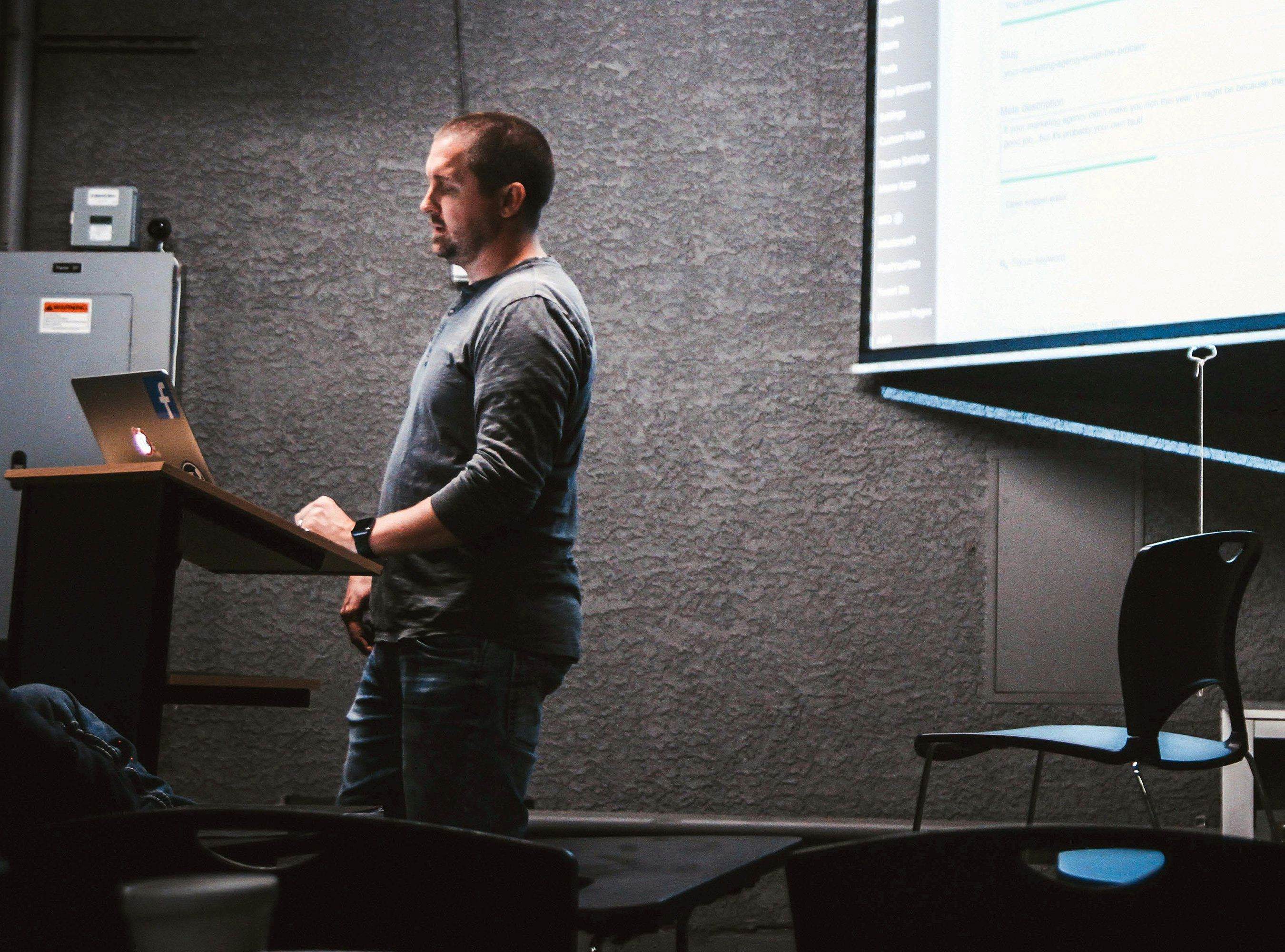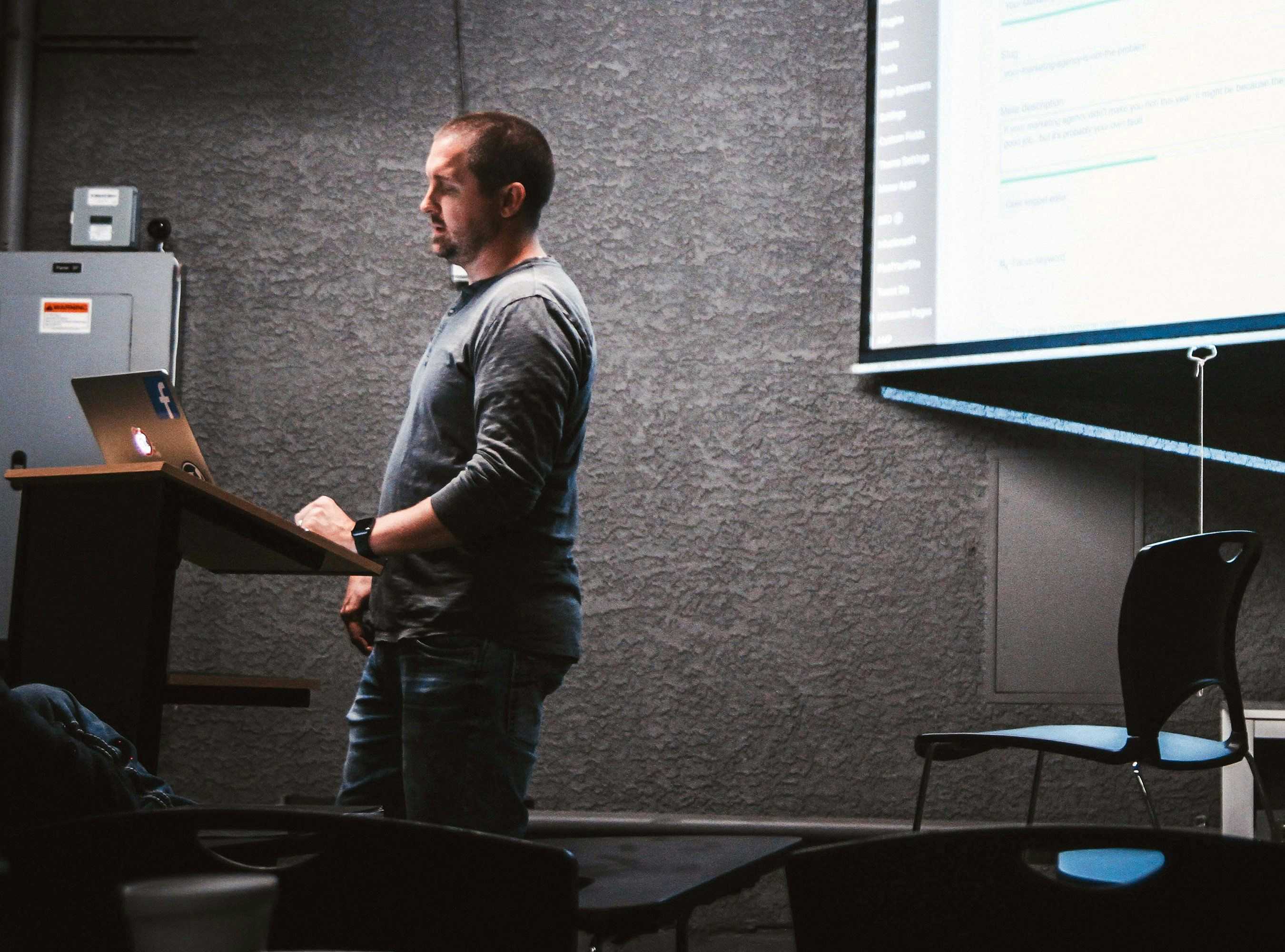An expert witness, by nature, is a deferential figure during a trial who possesses knowledge that the average juror (or judge, or attorney) does not. According to the legal definition under Rule 702 of the Federal Rules of Evidence, a witness is “qualified as an expert by knowledge, skill, experience, training, or education.” The many ways in which one can qualify as an expert are not formally ranked by order of importance, nor does one facet of qualification necessarily substitute another. The qualifications of each expert should be determined on a case-by-case basis that analyzes the totality of the circumstances.
That being said, there is a tendency for attorneys to retain (and for jurors to expect) an expert that possesses “practical experience,” i.e., a hands-on, on-the-job type of background, opposed to knowledge gained in the realm of academia. Such a tendency, however, overlooks the benefits that academic experts can bring to a case. A number of professionals have dedicated their careers to academia (think: the law professor who does not practice law) and have ample knowledge and skill to offer.
Choosing an expert whose background is couched in academia may help a case in ways that a more “practical” expert cannot. Before deciding which type of expert’s qualifications to value, consider the following issues:
Educational Requirements
The importance of an expert’s academic background can vary from critical to somewhat irrelevant, depending upon the type of witness and the context in which you choose to employ their expertise. However, more often than not, education will come into play at some point when seeking to qualify a witness as an expert, particularly one whose profession requires certain degrees, licenses, or certificates. No matter how much practical experience an expert may have, they should, at the very least, satisfy the minimal educational requirements within their field. Without this, they can become susceptible to disqualification during the voir dire process by opposing counsel.
An academic expert, such as a researcher or educator, will likely possess a degree in their relevant field and satisfy basic educational requirements and beyond. But on the other hand, an ideal academic expert should also possess, an active license for their profession, even if not actively practicing (i.e., in the cases of attorneys or physicians). Such a license adds a boost to the expert’s credibility and experience, even if their work is wholly academic in nature.
The Admissibility Standard
Whether to choose an academic expert largely depends upon the facts at issue in the case. One should always ask: What is the subject matter? What is the opinion being offered? How reliable is it? And the seminal question – Will the judge admit it into evidence? All courts follow a specific standard of admissibility when determining whether an expert’s testimony is admissible at trial. Depending upon the case and the applicable legal standard, an academic expert may be more likely to successfully convey an opinion that can pass the court’s muster.
For years, most courts followed the Frye standard for admissibility. That is, an expert’s testimony must be based on a technique that is “generally accepted” in the scientific community in order to be admissible. Frye v. United States, 293 F. 1013 (D.C. Cir. 1923). Courts operating under the Frye standard value “well recognized scientific principles,” which can benefit academic experts whose opinions are based in peer-reviewed research, writing, and studies. Now, not all courts follow Frye, with the majority of state courts, and all federal courts, following the standard set forth in Daubert v. Merrell Dow Pharmaceuticals, Inc., 509 U.S. 579 (1993).
The Daubert standard supplements the sole requirement of general acceptance within the scientific community with other factors such as:
- Whether the expert’s technique or theory can be tested and assessed for reliability
- Whether the technique or theory has been subject to peer review and publication
- The known or potential rate of error of the technique or theory
- The existence and maintenance of standards and controls
The progeny of Daubert also held that the standard applies to witnesses with non-scientific “technical or other specialized knowledge,” and those who rely on “skill- or experienced-based observation.” While the Daubert standard makes room for practice-based experts, academic experts can flourish under this standard as well, with its focus on the testing and assessment of theories and peer review and publication – all areas that a more research-based expert is familiar with.
The Tone of Your Expert
As all expert witnesses know, reaching an opinion is only half the battle. An expert’s opinion is essentially worthless if it cannot be effectively conveyed to a jury. Of course, all experts, like lawyers, have their own particular style that works for them. But academic experts, particularly those with teaching experience, can offer a helpful, almost soothing, professorial tone to the proceedings. Experts that have dedicated their professions to education are able to break down complex facts into more palatable pieces of information. In this sense, the jurors function as the witness’ students. If the goal of an expert witness is to help the jury understand scientific or otherwise complex ideas, then an expert with teaching experience is an invaluable resource.




